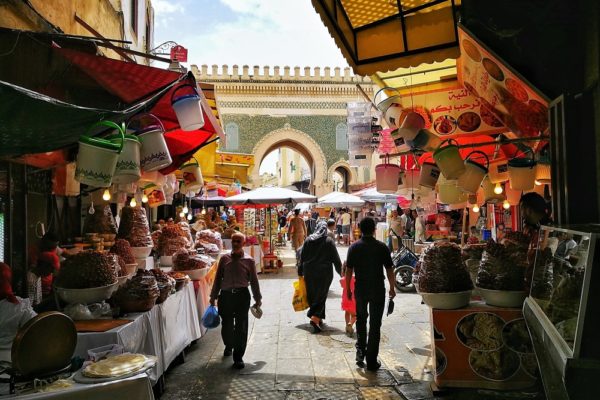Morocco has often been presented by observers as one of the exceptions of the “Arab Spring”. It was able to pre-empt and stave off popular protests led by the February 20th Movement in 2011 by promulgating a new constitution that paved the way for political and economic liberalization. A moderate Islamist party, Justice and Development, came to power following the first free elections in the country. The new political reforms, welcomed by the population and the international community, have been slow to be established by law, and did not prevent a part of the population from feeling economically and socially marginalized. In particular, there has been a marked clampdown on liberties since 2014. By 2016 a new wave of popular protests, locally known as the Hirak, has brought hundreds of thousands of protesters to the streets, joined by labour unions and students. In response, the government has launched a social dialogue process with a view to finding solutions to socio-economic grievances before they turn violent.
In 2018, Interpeace began its first engagement in Morocco: a twelve-month initiative supported by the Human Security Division (HSD) of the Swiss Federal Department of Foreign Affairs (FDFA). The initiative will seek to strengthen the conflict transformation capacities of key Moroccan civil society organizations and social media influencers, as well as a select group of government stakeholders, with a view to enhance social dialogue in Morocco.
Through a series of trainings, workshops and dialogue sessions, Interpeace will work with participants to hone their ability to peacefully discuss, listen to each other and progress together towards the quest for constructive and non-violent solutions to the country’s socio-economic and political challenges.

